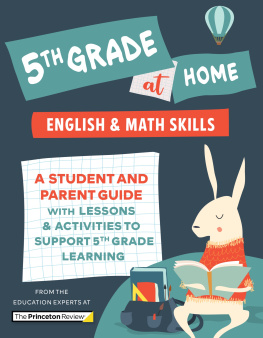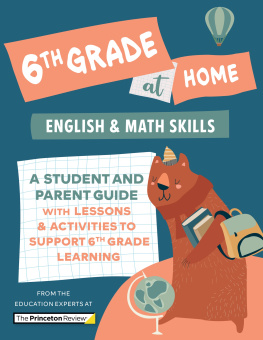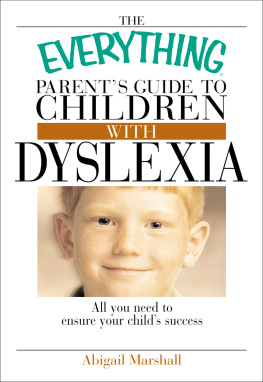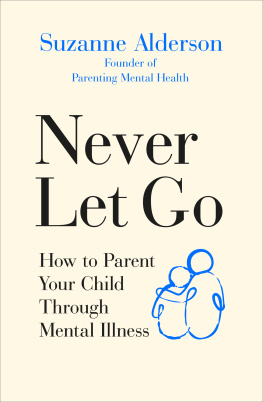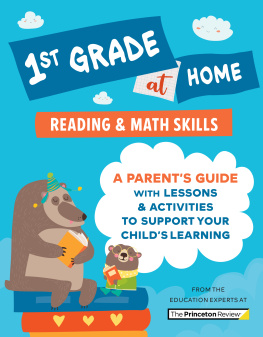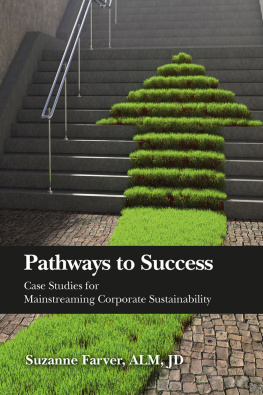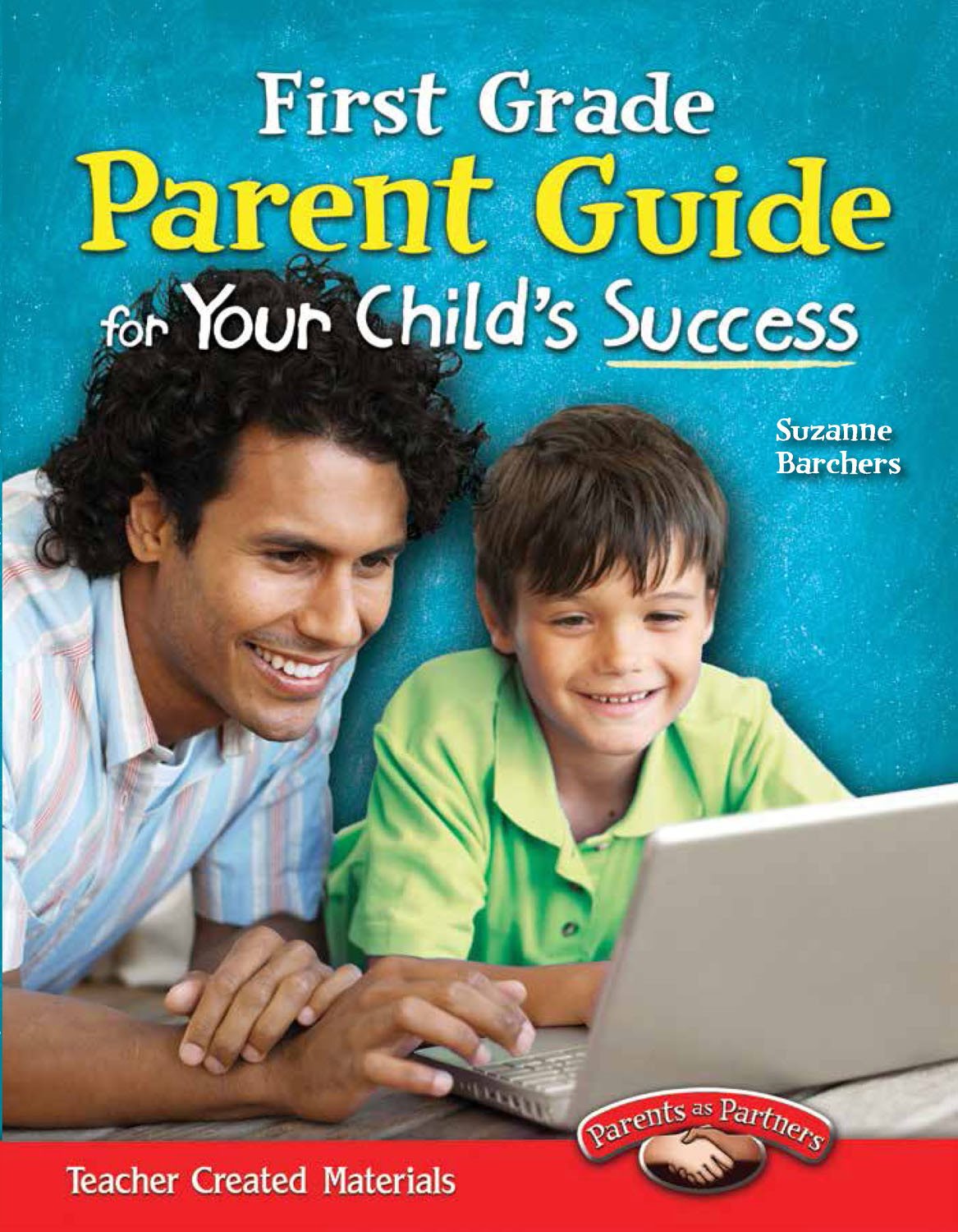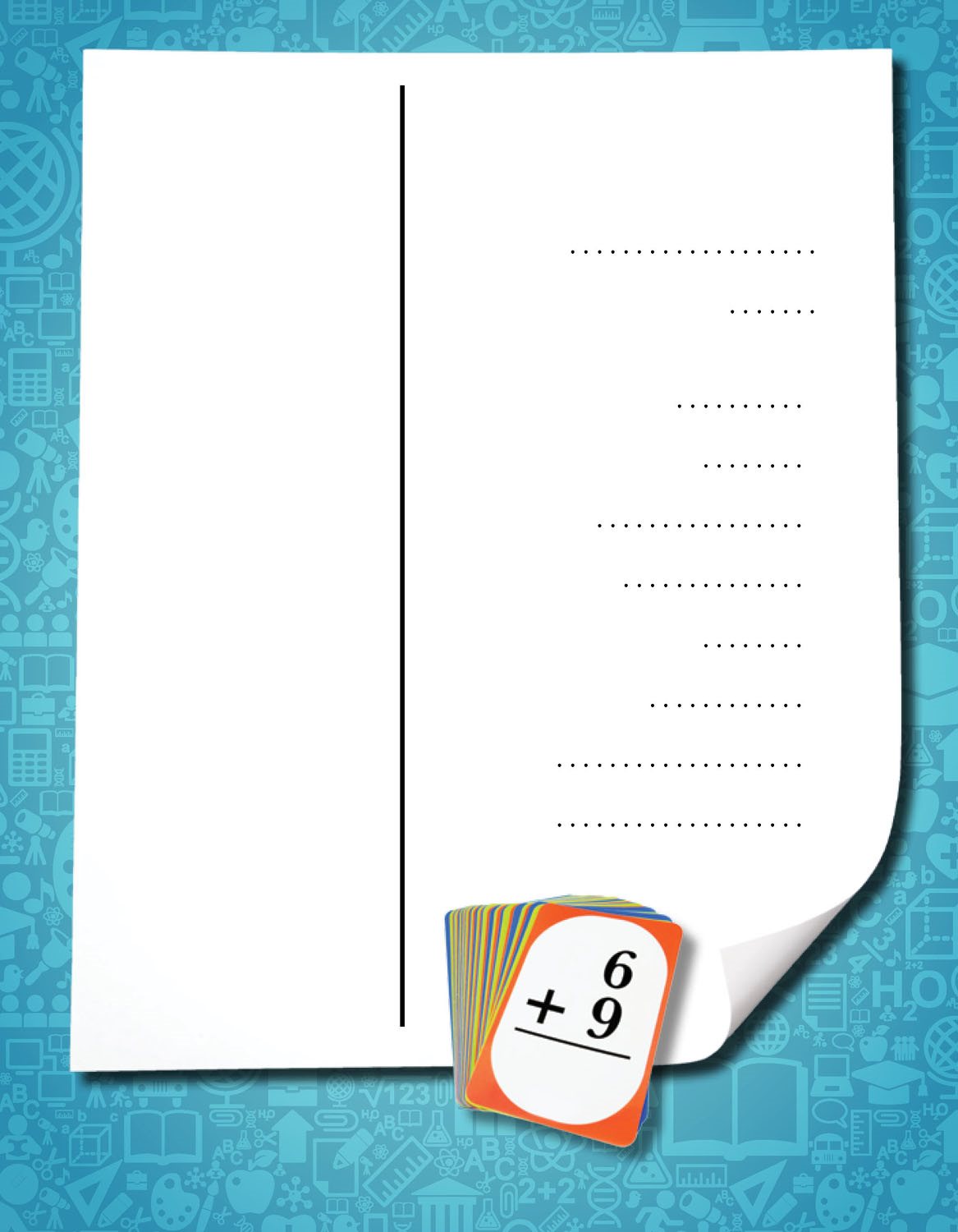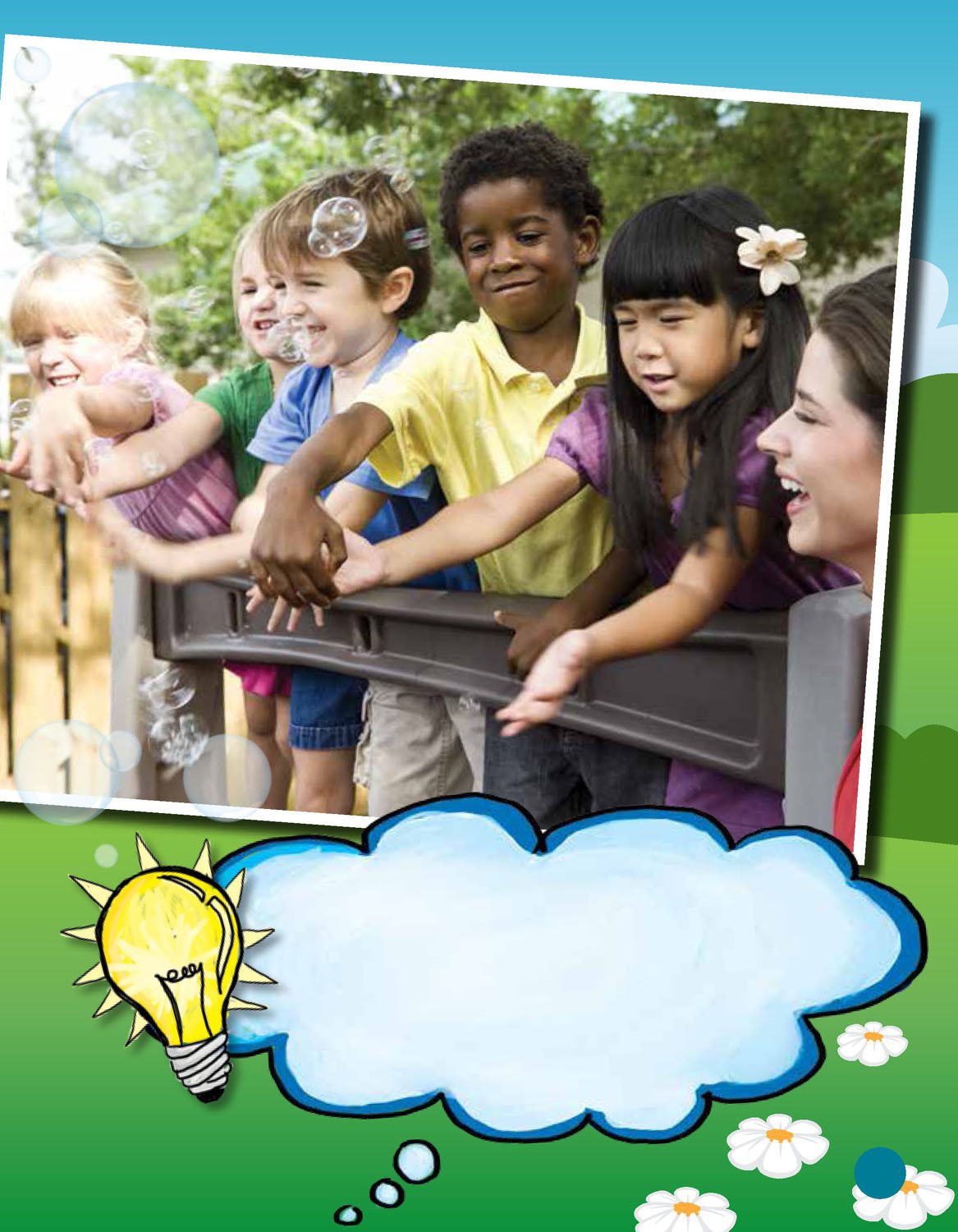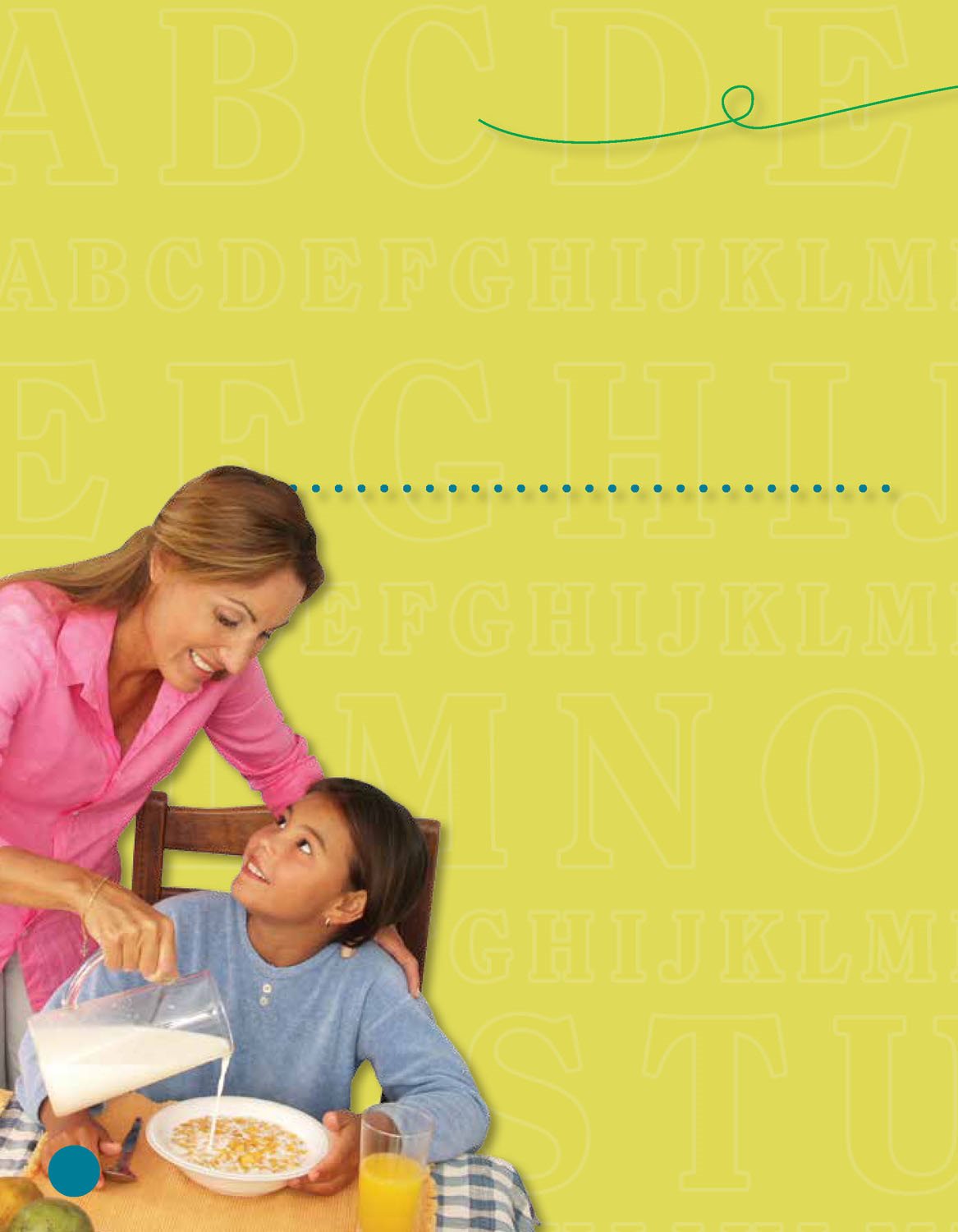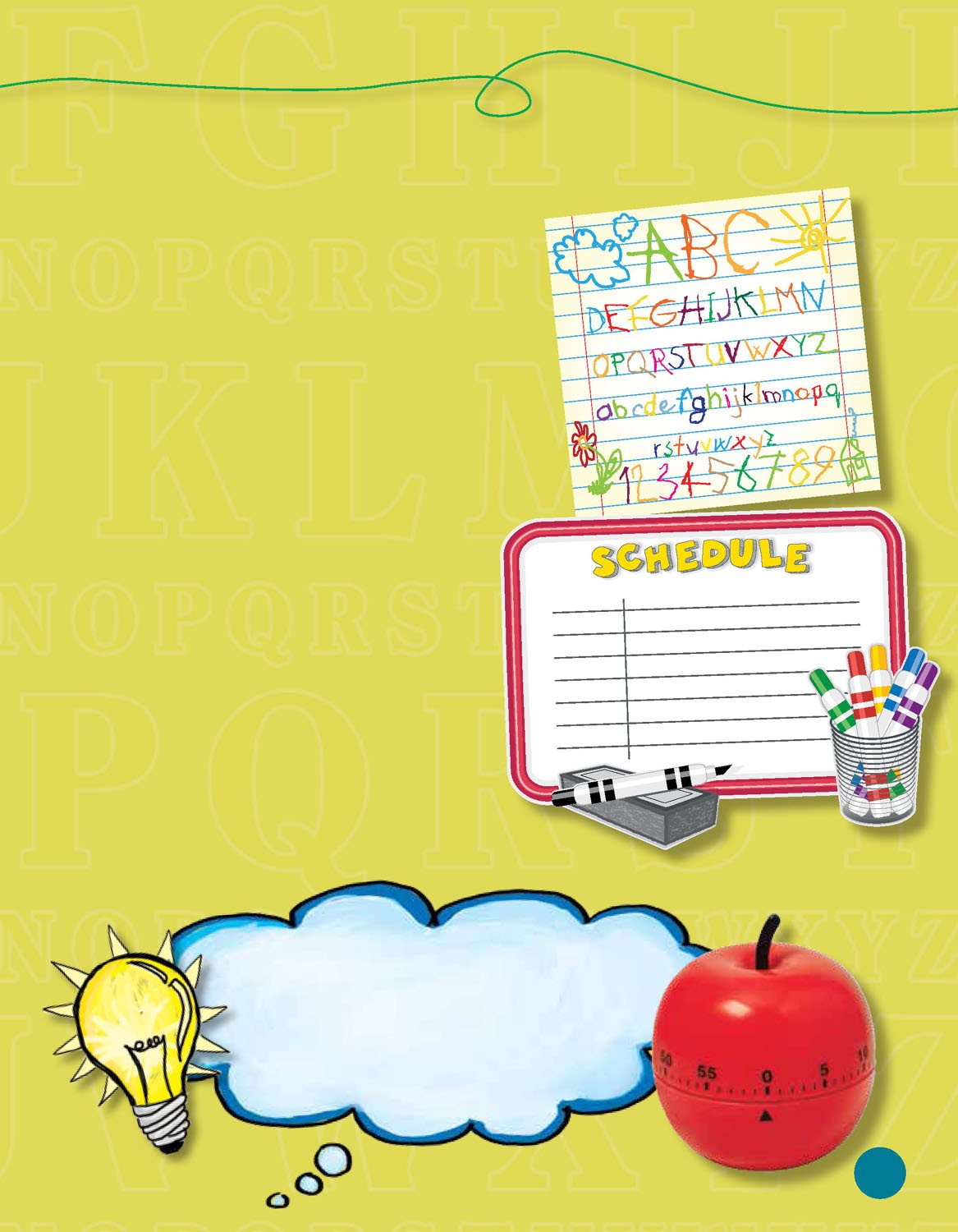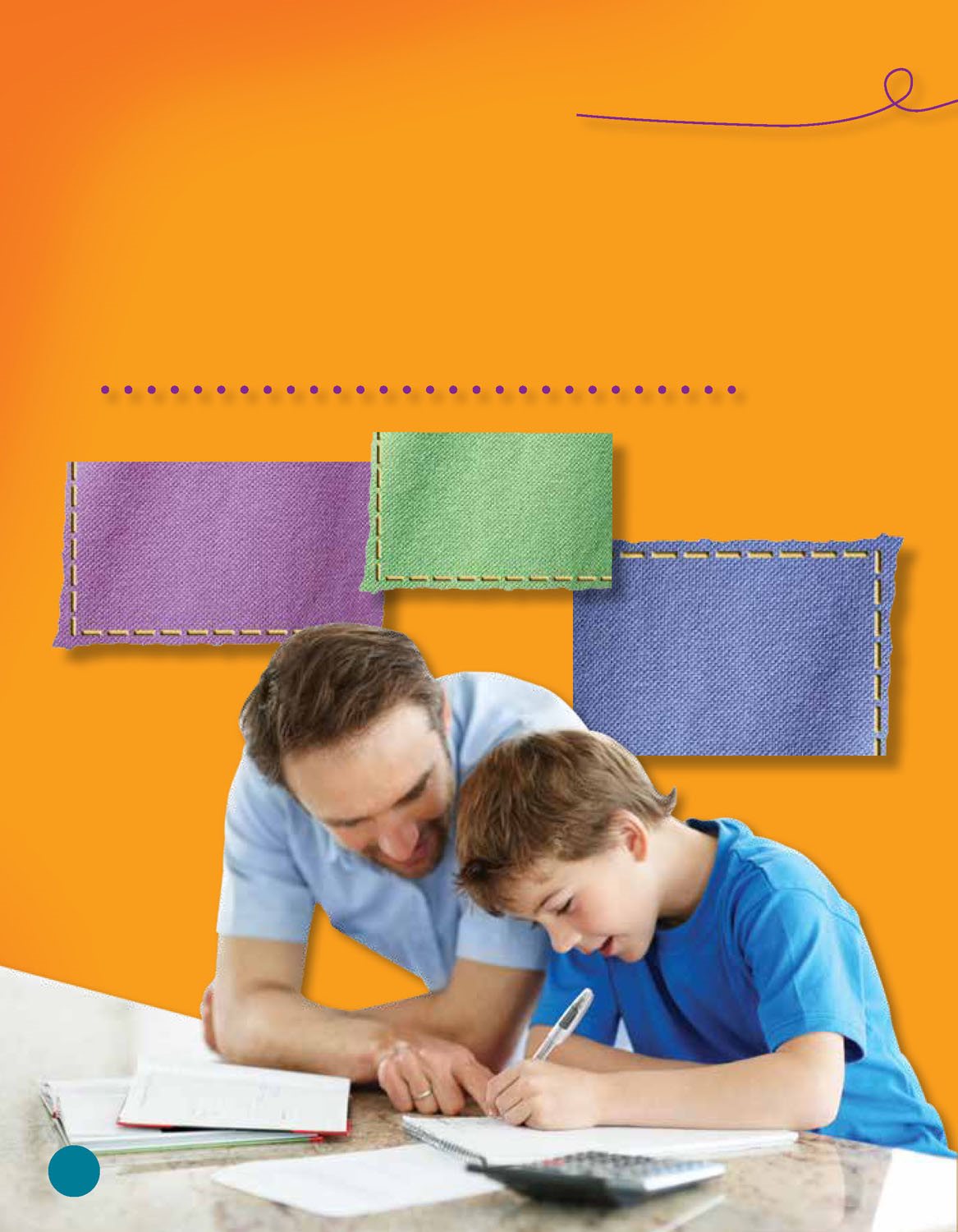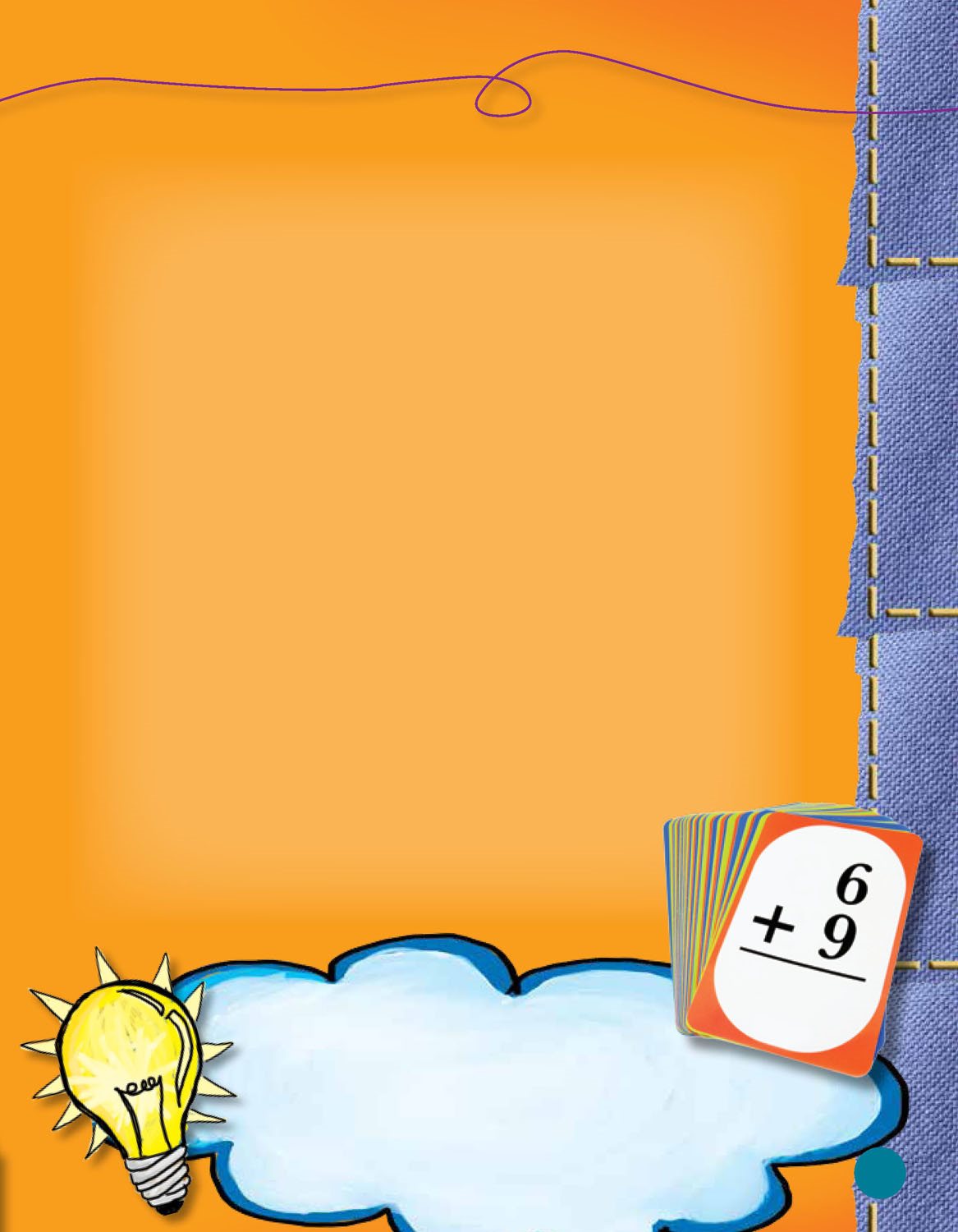Publishing Credits
Dona Herweck Rice, Editor-in-Chief
Lee Aucoin, Creative Director
Kristy Stark, M.A.Ed., Senior Editor
Torrey Maloof, Editor
Kristine Magnien, M.S.Ed., Associate
Education Editor
Neri Garcia, Senior Designer
Stephanie Reid, Photo Researcher
Rachelle Cracchiolo, M.S.Ed., Publisher
Image Credits
cover: Thinkstock; all other images
from Shutterstock.
Teacher Created Materials
5301 Oceanus Drive
Huntington Beach, CA 92649-1030
http://www.tcmpub.com
ISBN 978-1-4333-4764-1
ePUB ISBN 978-1-5457-3684-5
2013 Teacher Created Materials, Inc.
The classroom teacher may reproduce
copies of materials in this book for
classroom use only. The reproduction of
any part for an entire school or school
system is strictly prohibited. No part of this
publication may be transmitted, stored,
or recorded in any form without written
permission from the publisher.
Table of
Contents
Dear Family,
This is an exciting year for your first grader! Many
children become readers during first grade. They begin to
master useful math skills that will serve them well for life.
They are ready for more formal instruction in topics such as
science and social studies. They also learn to socialize with a
larger pool of children and adults.
Youve been your childs primary teacher since the
beginning. Now, your childs teacher will play a big role
in your childs day. Dont be surprised if your first grader
loves his or her teacher! This is the ideal time to build a
partnership with the teacher to ensure a love of learning. You
have already begun to develop many important skills as your
childs first and most important teacher!
This parent guide will give you even more parent-tested
ideas. From tips for organizing school materials to strategies
for incorporating learning opportunities into your busy day
you are sure to find some ideas that are just right for you.
One last thought...
Keep in mind that you are setting the stage for habits
that will help your child for the rest of his or her life.
This will be a busy and important year, but dont
forget to have fun along the way!
Forming
Routines at Home
Lets face it, days are pretty busy. Theres nothing worse
than trying to find that permission slip or homework minutes
before the bus or carpool arrives.
We want our children to be self-sufficient. First grade is a
good time for your child to take on more responsibility.
Try these ideas to
prevent frantic mornings.
In- and Out-Boxes
When your child gets home from
school, have him or her put all
school papers into the in-box. Once
everything is finished or signed, the
papers that go back to school can be
placed into the out-box.
Pack It Up
Collect the papers from the
out-box and have your child put
them in his or her backpack the
night before.
Chores
Have your child perform a
regular chore, such as making
the bed or emptying the trash.
Schedule
4:00
Snack
Plan a schedule together. The
4:30
Piano practice
5:00
Set the table, feed the dog
schedule can include playing,
5:30
Dinner
chores, snack, homework,
6:30
Homework and reading time
7:00
Free time (after homework)
reading time, and bedtime.
7:30
Get ready for bed
Post a schedule for your child
and any caregivers to see.
One last thought...
Use a timer to help your child keep to
the schedule.
Homework
Habits
Most young children love school. Make the most of this love of
learning by forming good work habits and creating a practical
work environment. One way to do this is to establish a routine
of working quietly for 15 minutes a day.
No TV
Work 15
minutes
Prepare
a work
station
These tips will help
your
first grader form good work habits.
Workstation
Prepare a workstation with paper, pencils, crayons, a ruler,
scissors, and a childrens dictionary, if possible.
Keep It Quiet
Turn off the television and try to keep the room quiet when
your child is working.
A Helping Hand
Be ready to offer help when its needed. Dont help your child
too much, but dont let your him or her get frustrated.
Finish the 15
If your child finishes early, have him or her read picture
books until the 15 minutes are up.
Stick to the Routine
Even if your child doesnt have homework, it is
important that he or she still works quietly for
15 minutes to help set the routine.
One last thought...
Spend five minutes a day practicing skills with flash
cards. Flash cards with addition and subtraction or
flash cards with sight words such as when, then, the ,
and there can be made or purchased.
Starting
Family Conversations
Do you remember how exciting it was when your child said mama
or dada for the first time? Now, you may long for a bit of peace and
quiet! However, talking with your first grader is one of the best things
you can do to build your childs vocabulary skills.
Here are some questions
that will get your child talking.
What new
thing did you
learn at school
today?


